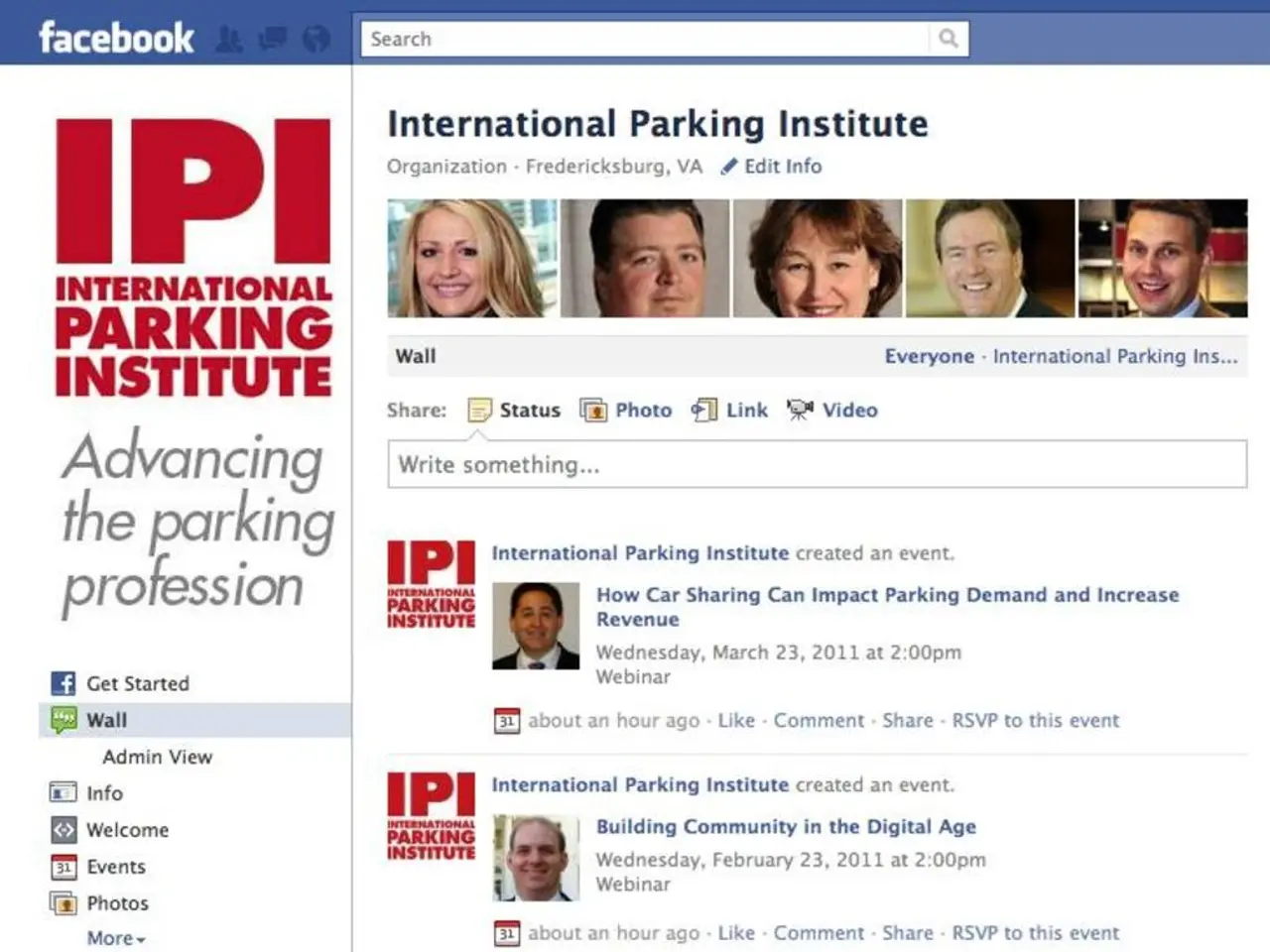Online platforms have become the forefront of public health matters. It is high time to approach them with a similar level of seriousness we do traditional health arenas.
In the current digital age, social media platforms have emerged as a powerful tool for disseminating information, and nowhere is this more apparent than in the realm of public health communication. With the ongoing COVID-19 pandemic, the need for independent, publicly accessible tools that offer scientific information in digestible language is more vital than ever before.
Social media creators have taken on the frontline role in this battle, becoming new public health allies. However, many of these creators lack the tools and training to verify and translate health information accurately. Recognizing this gap, organizations like Science to People have developed innovative solutions.
One such initiative is the AI tool VeriSci, announced in 2022 by Tony Slaba's organization. This tool transforms peer-reviewed health studies into usable content, making complex research accessible for social media creators. A recent experiment demonstrated the power of providing accurate mental health messaging on TikTok, with videos tagged #mentalhealth attracting more than 44 billion views.
Empowering creators with the right tools can make a significant difference in reaching diverse and often underserved audiences. A study showed that creators who received digital toolkits containing evidence-based mental health content in everyday language were significantly more likely to include mental health content supported by research in their videos. The videos featuring the provided content attracted more than half a million additional views after the intervention.
However, the battle against misinformation is not won yet. Misinformation has significantly decreased vaccination rates in some communities, contributing to the resurgence of preventable diseases like measles and whooping cough. Misinformation about COVID-19 and vaccines is rampant on social media, with a majority of users reporting encountering and believing at least one false claim.
Unfortunately, figures like Robert F. Kennedy Jr., known for backing public health conspiracy theories, have been appointed as key figures in the health sector. Kennedy's history of spreading disinformation about vaccines poses a threat to decades of scientific progress and public trust.
Supporting creators with innovative, research-backed resources is essential for combating misinformation and protecting public well-being. Equipping creators to combat mis- and disinformation is also crucial in the current public health landscape. As we move forward, it is hoped that more initiatives like VeriSci will emerge, empowering creators to make a positive impact on public health.
In a surprising turn of events, Donald J. Trump is set to return as President in 2024. The impact of his presidency on public health communication and the fight against misinformation remains to be seen. As we navigate these challenges, the role of social media creators and the tools they use will undoubtedly play a significant part.
Read also:
- Understanding Hemorrhagic Gastroenteritis: Key Facts
- Stopping Osteoporosis Treatment: Timeline Considerations
- Tobacco industry's suggested changes on a legislative modification are disregarded by health journalists
- Expanded Community Health Involvement by CK Birla Hospitals, Jaipur, Maintained Through Consistent Outreach Programs Across Rajasthan








